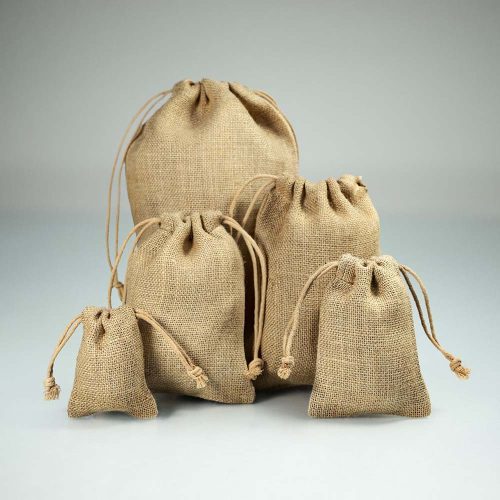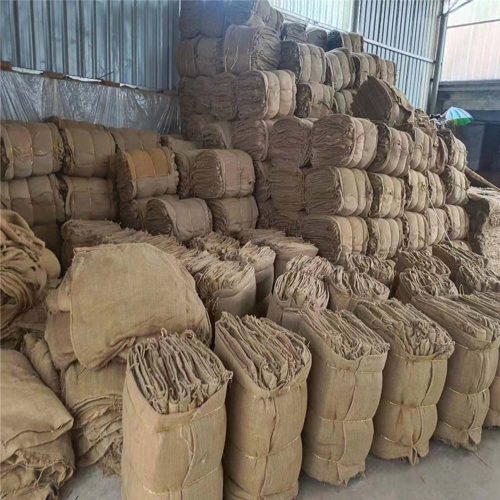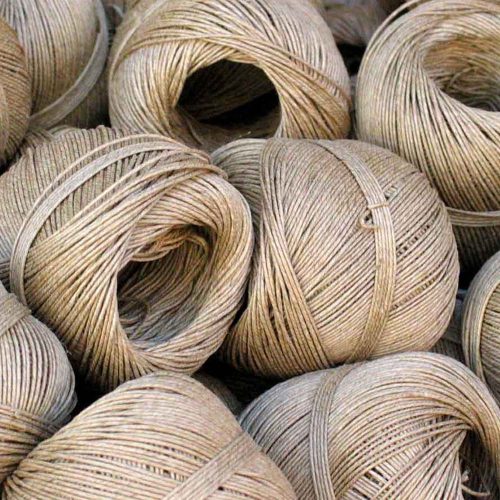Jute is a natural fiber that is commonly used to make a variety of products, including bags, rugs, and textiles. Jute products international trading involves the buying and selling of these products on a global scale.
The international trade of jute products is driven by the demand for sustainable and eco-friendly materials in various industries, including fashion, home décor, and agriculture. The industry is subject to fluctuations in supply and demand, changes in market prices, and geopolitical factors such as trade policies and regional conflicts.
The trade involves a complex network of suppliers, traders, and buyers, who work together to ensure the supply and demand of jute products are met. Trading can occur via physical delivery or through e-commerce platforms.
The industry faces challenges, such as competition from synthetic fibers and concerns over labor practices in some producing countries. However, jute remains a popular choice for many industries due to its natural and biodegradable properties.
Overall, jute products international trading plays an important role in the global economy, providing a sustainable and eco-friendly resource for various industries while also supporting economic growth and development in producing countries.





